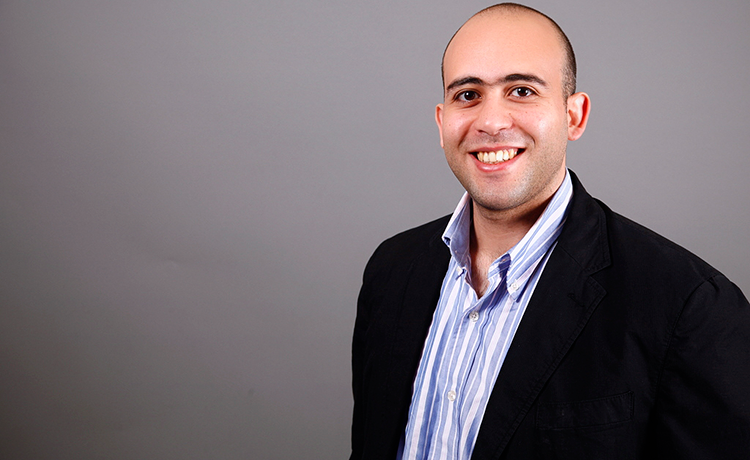By Saleh Agha, general manager, OMD UAE

We all know the facts. We all read the same reports.
We’re in the middle of a global pandemic akin to an all-out world war triggering international health, humanitarian and economic emergencies at unprecedented rates. Lockdown has changed the standards of the world we knew but it also reminded us that life goes on; it always does.
And this is not different for Ramadan this year. It comes at a time when our social behavior is changing and evolving. Research shows that 83% of Muslims in UAE and KSA observing the Holy Month will continue to fast this year – virtually unaffected from all the years past. It is also a month of reflection, contemplation, feeling with the less fortunate, a reminder to give back to our communities and people in need across the world. Although COVID-19 had the potential to stop this in its tracks due to the economic pressure and uncertainty, a recent study in the UAE & KSA shows that 66% of residents will actually give more to charity this year than any of the previous years.
Another unmissable aspect of the Holy Month is socialising and the daily get togethers over Iftar and Sohour. Research indicates that 69% of UAE and KSA residents expect to spend more time socialising online than last year, as 71% expect a decrease in in-person family gatherings. Although the outward social aspect of the Holy Month is hampered, people will get the opportunity now to focus more on their core families and nourish their relationships.
The arduous trips to the grocery stores and retail shops during Ramadan are now a swipe on a phone that unlocks most retailers in the country. Online food delivery has grown at unprecedented rates in our region, especially due to investments in last-mile fulfillment. This will ultimately allow retailers to unlock better delivery timelines at higher transaction rates.
This Ramadan, people still want the same things, they just want them differently.
As marketers and custodians of our brands, our role now is to invest in change because this is one of the very few places that growth will come from. Let’s take the automotive industry as an example, which is heavily affected from the supply and demand fulfillment side. Uttering the words ‘could we sell a car online’ would have seen you booed outside the conference room last year. Now, we are working with our brands to create a unique online shopping experience that meets demand in our markets as governments ease restrictions on mobility. The significance of this work is not only in the short term – it simply is future proofing the business. By creating this virtual showroom experience, it allows customers to complete a few steps of the car buying journey online – well before stepping into any dealership. From one side, it guarantees safety of potential buyers and pre-qualifies a lot of the traffic walking into the dealership from another. Less shopping around, more coming in to buy, which will improve the efficiency of conversion at the point of sale.
But not all the work needs to be around disruption – again some of it could be a simple positive message like spreading a message of positivity asking all drivers to simply #stayhome. With BDF, we used their products NIVEA, NIVEA Men, NIVEA Baby to demonstrate a family practising social distancing with the #Stayhome #StaySafe hashtag. A local initiative that has been picked up globally.
One thing is for sure, the worst thing that brands can do now is go silent. We need to present a familiar voice to our customers – a voice that is empathetic and not opportunistic. Having message and medium work seamlessly together has never been this critical – all partners (marketers, ad agencies, media, PR, etc..) need to be around the same table working towards the exact same goal. It doesn’t matter where the idea comes from – as long as we have one.
(Data source: YouGov)









